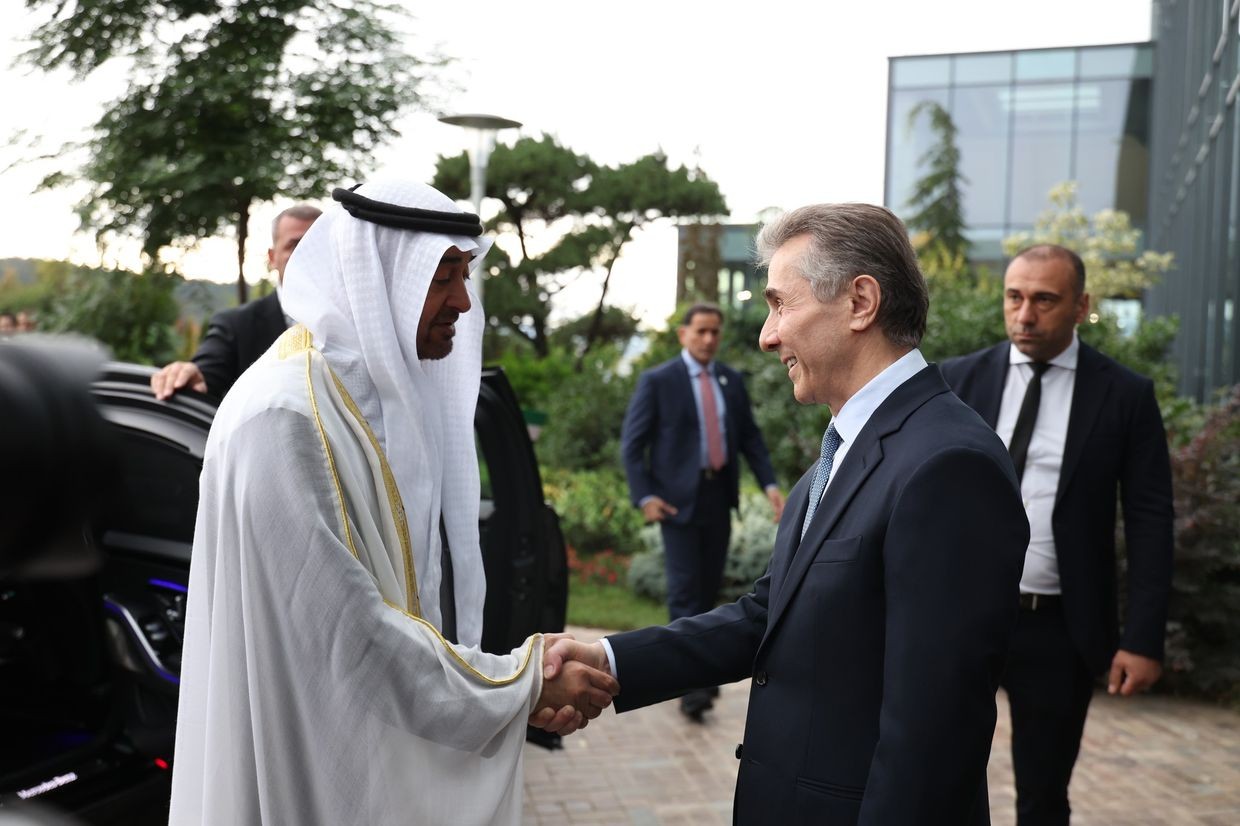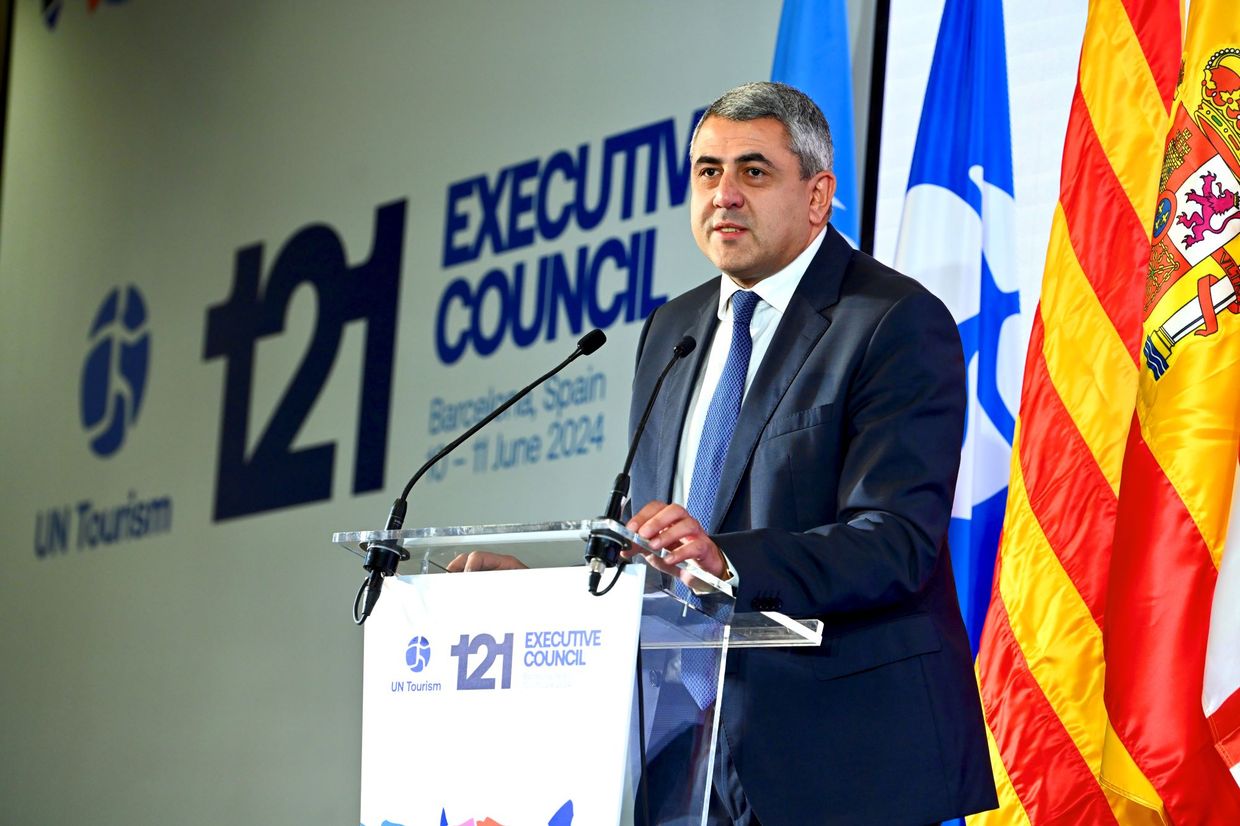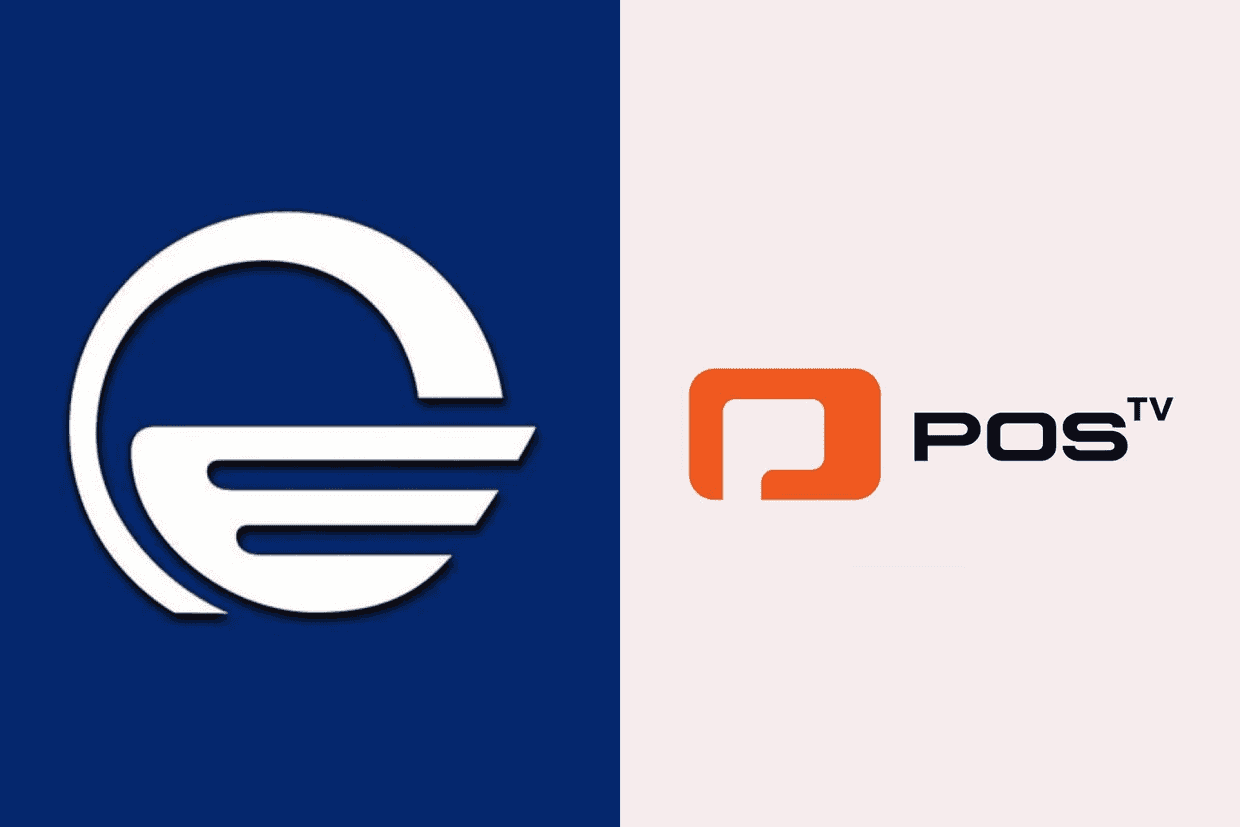
Bidzina Ivanishvili, the founder and honorary chair of Georgia’s ruling Georgian Dream party, has met with UAE President Sheikh Mohamed bin Zayed Al Nahyan in Tbilisi. The UAE delegation arrived in Georgia and met state officials against the backdrop of warming ties between the two countries.
Sheikh Mohamed arrived in Tbilisi on Friday and returned to Abu Dhabi later that same day. His visit began with a meeting with Prime Minister Irakli Kobakhidze, also attended by both Emirati and Georgian cabinet ministers.
According to the Georgian government, Kobakhidze highlighted the ‘very close political and economic cooperation’ between the two countries, particularly in the field of investment. [Sheikh Mohamed], for his part, confirmed this interest, adding that Georgia and the UAE share ‘a common vision on stability, peace, and people-to-people relations’.
However, more attention was drawn to Sheikh Mohamed’s meeting with Ivanishvili, who, compared to other party leaders, rarely appears in public and whose meetings are seldom disclosed by the ruling party.
As Georgian Dream’s press service reported, Ivanishvili welcomed the fact that ‘the economic ties between Georgia and the United Arab Emirates are becoming even stronger, which will bring benefits to both countries in the future’.
‘I hope that we will meet each other many more times and that our partnership will deepen even further in the future’, he added.
In response, Sheikh Mohamed reportedly highlighted Emirati investments in Georgia and expressed readiness to finance the education of Georgian students in his country, with a specific focus on AI.
Kobakhidze, with his cabinet members, also attended the meeting.
Before arriving in Tbilisi, Sheikh Mohamed was in Shusha (Shushi) on 16 September, where he met with Azerbaijani President Ilham Aliyev.
The rapprochement between Georgia and the UAE has been marked both by official agreements and reports of some informal dealings.
In January, during Kobakhidze’s visit to the UAE, a memorandum was signed under which the Emirati development company EMAAR Group plans to invest $6 billion in Georgia. According to the Georgian government, ‘multifunctional development projects’ are planned in Tbilisi and the western sea-side city of Gonio, with many details unspecified.
According to the ruling party’s press service, Sheikh Mohamed suggested during the meeting with Ivanishvili that the investment would ‘commence in the coming days’.
In May, Georgian media widely discussed Georgia’s decision to withdraw its candidate, Zurab Pololikashvili — who had already served two terms as UN tourism agency secretary-general — to back the UAE’s bid. At the time, Kobakhidze insisted that the government’s decision was not the result of a prior arrangement with the UAE.
Even more widely discussed was the case of now-jailed Giorgi Bachiashvili — a Georgian businessperson and former ally and now opponent of Ivanishvili — who was reportedly kidnapped and brought back to Georgia in May after fleeing in March to avoid imprisonment.
There were speculations that Bachiashvili had been sheltering in Dubai, and that his return had been green-lit by the local authorities in exchange for Georgia’s support for the UAE’s UN tourism agency bid.
Georgia’s rapprochement with the UAE, as well as with other international actors including China, is occurring against the backdrop of sharply deteriorating relations with traditional partners such as the EU and the US, alongside the ongoing democratic backsliding in the country.











